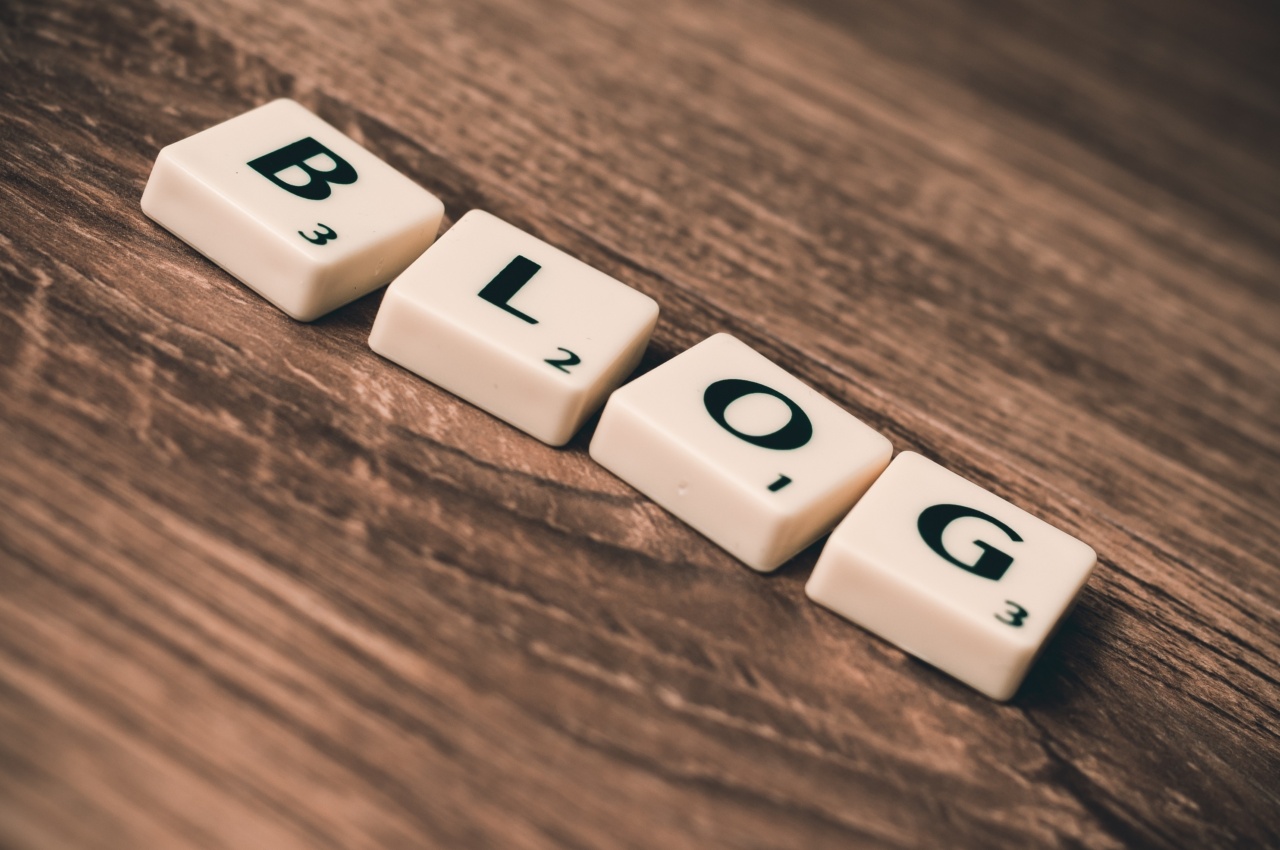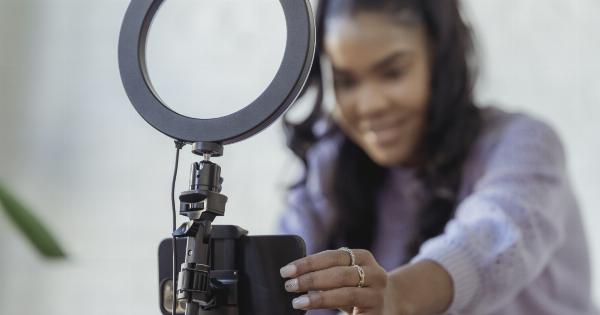In today’s digital age, social media has become an integral part of our lives. It allows us to connect with friends and family, share our thoughts and experiences, and stay up-to-date with the latest news and trends.
However, as much as social media has revolutionized communication, there is growing concern that it may be affecting our happiness and overall well-being. In this article, we will explore the impact of social media on our happiness and discuss ways in which we can maintain a healthy relationship with these platforms.
The Positive Side of Social Media
Before diving into the potential negative effects of social media, it is important to acknowledge the positive aspects it brings to our lives.
Social media offers a convenient and efficient way to stay connected with our loved ones, especially those who are physically distant. It enables us to share our accomplishments, milestones, and memorable moments with a wide circle of friends and acquaintances.
Furthermore, social media has become a powerful tool for information sharing and awareness raising.
It has played a significant role in global social and political movements, allowing individuals to voice their opinions, mobilize communities, and promote positive change. Social media platforms have also created opportunities for businesses, artists, and content creators to reach a wider audience and build their personal brands.
The Dark Side of Social Media
While there are undeniably benefits to using social media, research has increasingly shown a darker side to these platforms. One major concern is the impact it can have on mental health and happiness.
Studies indicate a link between excessive social media use and higher levels of anxiety, depression, loneliness, and low self-esteem.
A key factor contributing to these negative effects is the constant exposure to carefully curated and idealized versions of others’ lives.
On social media, people often showcase their successes, happy moments, and glamorous lifestyles, creating a distorted perception of reality. This can lead to feelings of inadequacy and comparison, as individuals may believe they are not living up to the standard set by their peers.
Social media can also be a breeding ground for cyberbullying, where individuals face harassment or online abuse.
The anonymity and detachment provided by these platforms can embolden individuals to engage in harmful behavior, causing significant emotional distress to the victims. The fear of being judged or ridiculed can lead to self-censorship and reluctance to express oneself authentically.
Social Media and Relationships
Another area heavily influenced by social media is our relationships. On one hand, these platforms allow us to reconnect with old friends, maintain long-distance relationships, and create new connections.
They provide a platform for dialogue and sharing, fostering a sense of belonging and social support.
However, social media can also impact the quality of our relationships and our overall well-being.
Spending excessive time on social media can divert our attention from face-to-face interactions, leading to social isolation and real-life relationship neglect. The constant scrolling, notifications, and urge to seek validation can also create a sense of addiction and detachment from the present moment.
Finding a Healthy Balance
Given the potential negative effects of social media, it is crucial to find a balance in our usage and develop a healthy relationship with these platforms. Here are some strategies to consider:.
1. Limit your screen time:
Set designated periods for using social media and adhere to them. Avoid mindless scrolling before bed or during important tasks. By setting limits, you can ensure that social media does not override other aspects of your life.
2. Follow uplifting and inspiring content:
Curate your social media feed to prioritize accounts that inspire and motivate you. Unfollow or mute accounts that make you feel inadequate or trigger negative emotions.
Surrounding yourself with positive content can help uplift your mood and promote a healthier mindset.
3. Engage in real-life interactions:
While social media can provide a sense of connection, it is essential to nurture real-life relationships. Spend quality time with loved ones, engage in activities that bring you joy, and prioritize face-to-face interactions.
This will help you maintain a well-rounded social life and lessen the dependency on virtual connections.
4. Practice digital detoxes:
Regularly take breaks from social media to recharge and reconnect with the present moment.
Whether it’s a day, a weekend, or a week-long break, allow yourself time away from screens to focus on self-care, hobbies, and building offline connections.
Conclusion
There is no denying the significant role that social media plays in our lives today. While it offers numerous benefits, it is important to be aware of the potential negative impact it can have on our happiness and well-being.
By finding a healthy balance between our online and offline lives, curating our social media feed, and prioritizing real-life interactions, we can mitigate the adverse effects of social media and foster a happier and more fulfilling life.






























